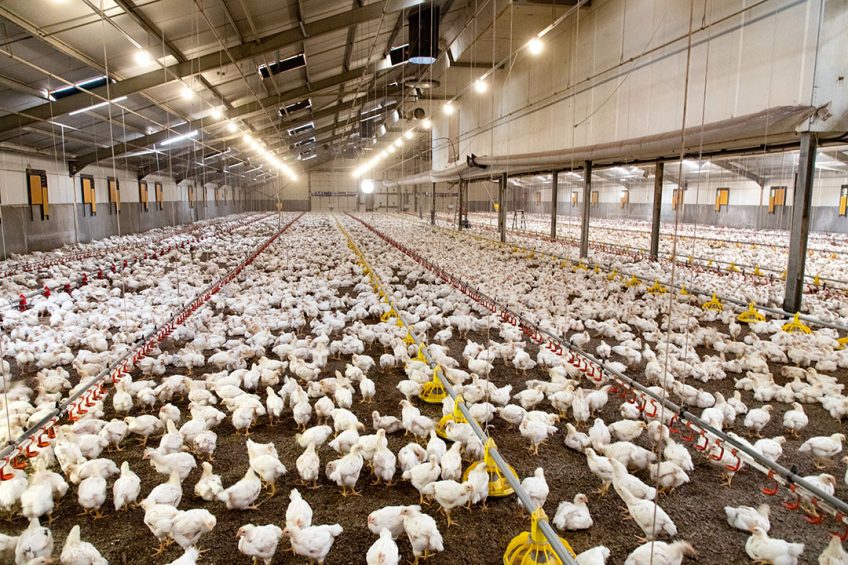European Commission criticised for its welfare position

Industry and welfare groups have joined in criticising the European Commission’s current legislative position on the welfare of farm animals.
Welfare groups said that the Commission’s current broiler legislation was not keeping up with a growing market trend to produce slower growing, welfare-friendly birds. And the major industry player AVEC Poultry said the Commission’s Mercosur deal last year was leading to an increase in lower welfare quality meat entering the EU. The criticism came during a lively debate to discuss the role of poultry in the European Commission’s future Farm to Fork Strategy. Hosted by Euractiv, the webinar also heard Sabine Juelicher, Director for food and feed safety, innovation in the Directorate General for Health and Food Safety, call for a much more sustainable food system in the European Union.
AVEC Poultry
Birthe Steenberg, Secretary General of AVEC Poultry, criticised the Commission for signing the Mercosur agreement, which signalled an additional 180,000 tonnes of poultry meat entering the EU from Third Countries. She said it was unfair that there were now 900,000 tonnes of poultry meat imported into the EU compared with just 300,000 tonnes of beef, 200,000 tonnes of sheep and goat meat and a paltry 20,000 tonnes of pork. Ms Steenberg said EU poultry production was higher than elsewhere in the world due to the increasing costs of meeting welfare standards but flooding the EU with lower welfare quality meat was jeopardising livelihoods.
World Animal Protection
Jonty Whittleton, Global Head of Campaign Farming at World Animal Protection, said the EU needed to take note of the 150 companies, including major players such as KFC, that had signed up to the demands of the European Chicken Commitment (ECC), which was being driven by changes in consumer patterns. The lower stocking densities, slower growing breeds and enrichments – all key elements of the ECC – were far more welfare friendly than the EU’s Broiler Directive, he said.
 Fast growth and high breast yield linked to poor welfare
Fast growth and high breast yield linked to poor welfare
Bird welfare is compromised when broilers are grown faster for higher breast meat yields
Deeply committed
Ms Juelicher said the Commission was deeply committed to an evaluation of the welfare of farmed animals’ legislation, known as a “Fitness Check”. She said the evaluation of the framework would consider whether it is robust enough, if it is enforceable and what can be done better. The Commission is coming under pressure to endorse an animal welfare label but Ms Juelicher said a sustainability label might be a better way forward. She went on to say that the Commission was keen for consumers to move away from unhealthy, protein dense diets: “From the European Commission we would like consumers to move to healthier consumption patterns, which means more plant-based diets,” she added.
Frederic Leroy, Professor of Industrial Microbiology and Food Biotechnology at the University of Brussels, disputed her call: “Animal foods, and therefore also poultry, have a role to play as valuable elements within a larger set of dietary solutions,” he said.












